Netflix’s Apple Cider Vinegar: The True Story of Belle Gibson
This article contains spoilers for Netflix’s Apple Cider Vinegar. In recent years, the world of social media has been overtaken by influencers who use their platforms to promote change, inspire followers, and, in many cases, share personal experiences. But what happens when the story they share is a lie? Apple Cider Vinegar, the Netflix series […] The post Netflix’s Apple Cider Vinegar: The True Story of Belle Gibson appeared first on Den of Geek.

This article contains spoilers for Netflix’s Apple Cider Vinegar.
In recent years, the world of social media has been overtaken by influencers who use their platforms to promote change, inspire followers, and, in many cases, share personal experiences. But what happens when the story they share is a lie? Apple Cider Vinegar, the Netflix series inspired by Belle Gibson’s life reveals one of the biggest scandals of the digital era, exposing how a woman built an empire based on deception—and the devastating impact it had on countless lives.
The Meaning Behind Apple Cider Vinegar’s Title
The title Apple Cider Vinegar carries a symbolic meaning that goes beyond Belle Gibson’s story. According to Samantha Strauss, the creator of the series, the name was chosen to capture the idea of “hope in a bottle”—a reference to how many people see certain natural products as miracle solutions for health problems.
Apple cider vinegar, like many other substances promoted in the wellness industry, has real health benefits, but that doesn’t mean it can perform medical miracles, such as curing or eradicating cancer. The series uses this concept to explore how misinformation and unfounded promises can spread quickly, deceiving vulnerable people and putting lives at risk.
“[With the title] I wanted something that would capture this idea of hope in a bottle and that could be a bigger umbrella than something that would relate only to Belle,” Strauss told Netflix’s Tudum.
Who Is Belle Gibson?
The plot follows Belle Gibson (Kaitlyn Dever), an influencer who gained notoriety after claiming she was facing terminal brain cancer and had overcome the disease using only a natural diet and alternative treatments. Her inspiring journey led to the success of her health app The Whole Pantry and her book of the same name, making her a reference in the world of wellness and healthy eating.
The series initially alternates between three distinct periods: the beginning of Belle’s fraud when she started building her false narrative; the period in which Lucy (Tilda Cobham-Hervey), a follower, starts blindly trusting the influencer, while Chanelle (Aisha Dee) and Milla (Alycia Debnam-Carey) begin to question her and the moment when Belle attempts to restore her reputation after being exposed.
Milla Blake, a talented journalist working for the respected Girlfriend magazine, discovers a tumor in her arm and decides to pursue alternative medicine, rejecting amputation. Initially, Milla believes she is cured, but the disease spreads, and in the end, she requires palliative care.
Meanwhile, Lucy also gets involved in Belle’s world. Her husband, Justin, tries to warn her about the dangers of following advice from an influencer without medical training. “I’m not going to let an influencer with a nose piercing ignore years of real medical research,” he says. But Lucy remains fascinated by Belle’s alternative healing promises.
Belle, in turn, manipulates her narrative to keep profiting. She gets closer to Milla and uses her as a reference to build her own brand, even going so far as to copy her personality and story. Belle, in fact, is envious of Milla’s fame, and her jealousy grows as she watches Milla’s success. As Belle’s lies become more elaborate, Milla begins to notice inconsistencies in Belle’s story and starts investigating her, with the help of Chanelle, a former business associate of the influencer.
Belle Gibson’s Downfall
The scam starts to unravel when Chanelle publicly exposes her doubts about the truth of Belle’s cancer story. Investigative journalist Sean (Richard Davies) and Justin (Mark Coles Smith), Lucy’s husband, team up to reveal the truth. The case intensifies when Belle raises money for a supposed donation, and the funds disappear. The media finally exposes her lies, and The Whole Pantry is removed from the market.
At the end of the series, we see Belle trying to recover her reputation by granting interviews and playing the victim. But the truth is already laid bare. A powerful scene shows Belle’s mother publicly declaring that her daughter’s life was a lie and that she feels bad for all the people who were deceived.
The series ends with a title card informing the audience that, in 2017, the Federal Court of Australia found Belle Gibson guilty of deceiving the public. The protagonist’s final words sum up her stance toward the truth: “Wanna know? Google it.”
The True Story Behind Apple Cider Vinegar
The series is based on the true story of Belle Gibson, an Australian influencer who deceived thousands of people by claiming she had brain cancer and had cured herself through alternative therapies, without chemotherapy or any other conventional treatment.
Netflix has confirmed that Belle is the only character directly based on a real person. Inspired by The Woman Who Fooled the World by journalists Beau Donelly and Nick Toscano, the series fictionalizes other characters and events to explore the broader impact of her deception and the culture that enabled it.
Belle built a brand around her supposed cure. She launched The Whole Pantry app, which offered recipes and wellness tips, and secured a book deal with Penguin Books to publish a book with the same name. She also claimed that a portion of the profits from the app and the book would be donated to charities and cancer research, which helped solidify her image as an altruistic and inspiring person.
However, in 2015, The Sydney Morning Herald published an investigation into the fundraising efforts promoted by Belle, revealing that the promised donations had never been made. This exposé was the first major blow to her credibility, and within months, her entire story began to crumble.
The media dug deeper into her claims, and other publications like The Australian and the 60 Minutes Australia program began publicly questioning her about her alleged illnesses. When pressed to provide medical records to back up her diagnosis, Belle was unable to provide any concrete evidence.
At first, she tried to defend herself, accusing the media of harassment and bullying. However, in April 2015, in an interview with The Herald, Belle finally admitted that she had never had cancer. Her confession shocked her followers and caused outrage, especially among real patients who had followed her advice and believed her story.
The consequences were severe. The Australian government launched an investigation into her activities, and in 2017, the Federal Court of Australia found her guilty of deceiving consumers. Belle was fined 410,000 Australian dollars for her false claims and failure to fulfill her donation promises. Additionally, her book was pulled from the market, and her reputation was completely destroyed.
Even after the truth was exposed, Belle never showed genuine remorse. She tried to recover her image but never regained the public’s trust. Her case became one of the biggest scandals of the digital age, serving as a warning about the dangers of misinformation and miracle promises in the world of wellness and alternative health.
All six episodes of Apple Cider Vinegar are available to stream on Netflix now.
The post Netflix’s Apple Cider Vinegar: The True Story of Belle Gibson appeared first on Den of Geek.



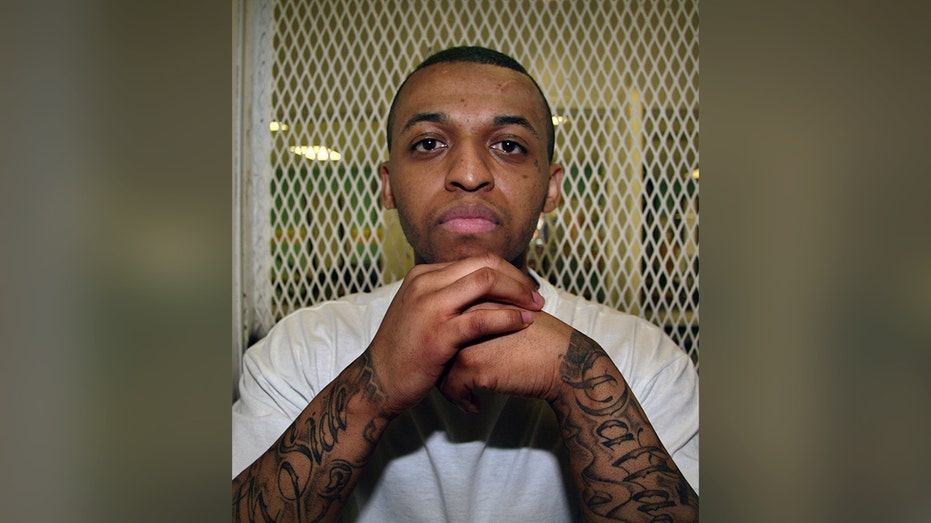



















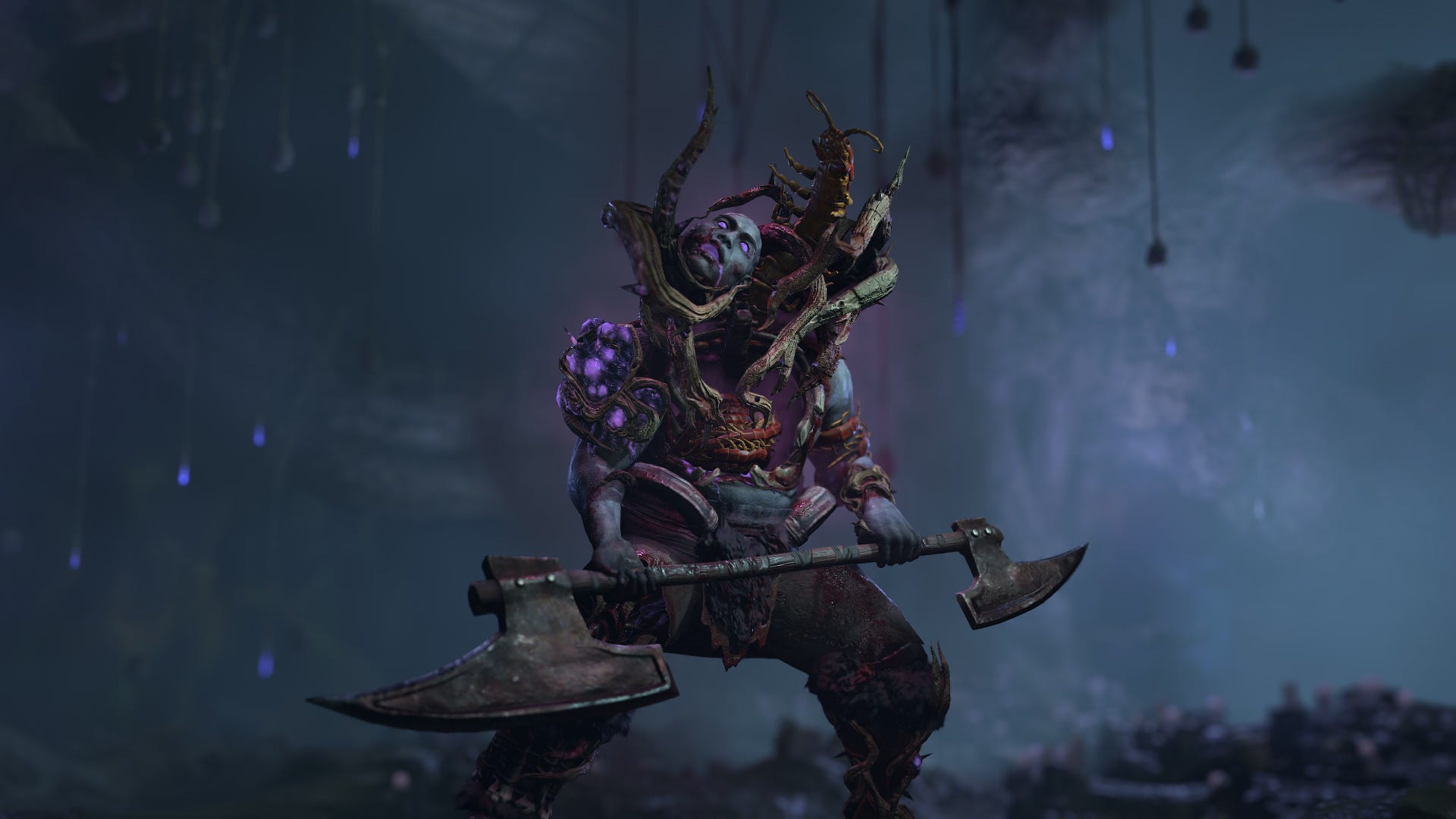
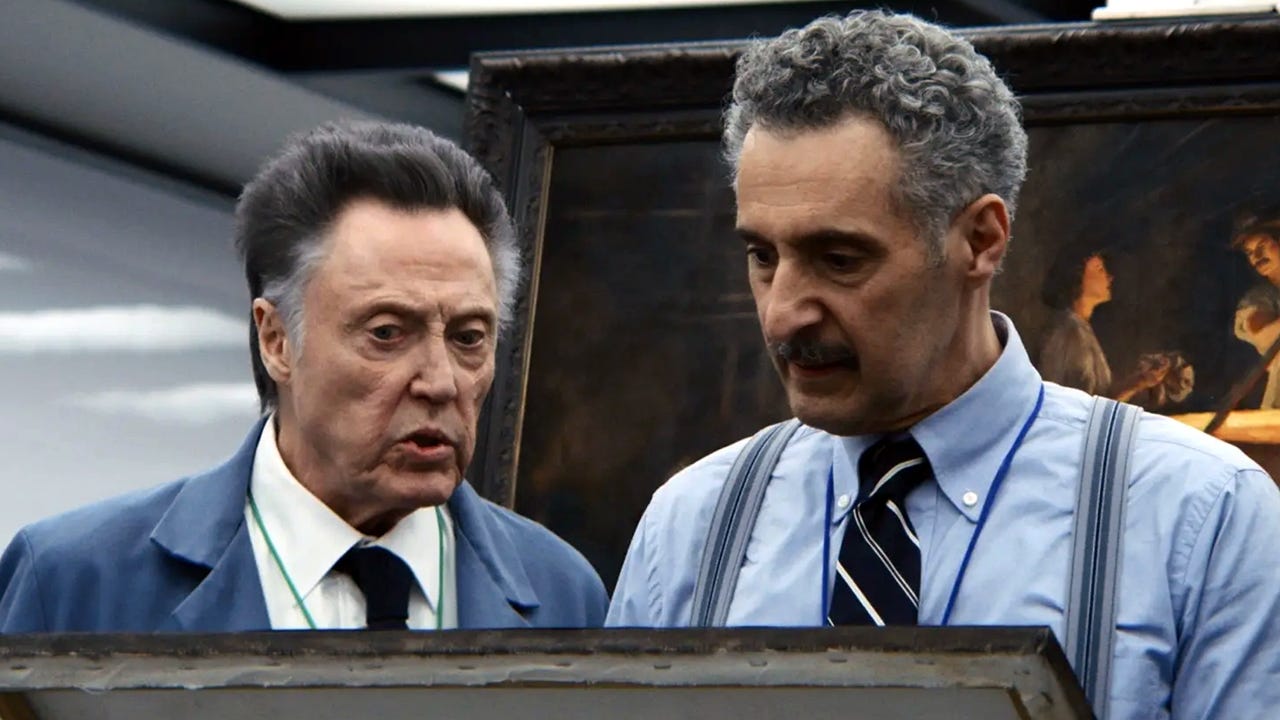











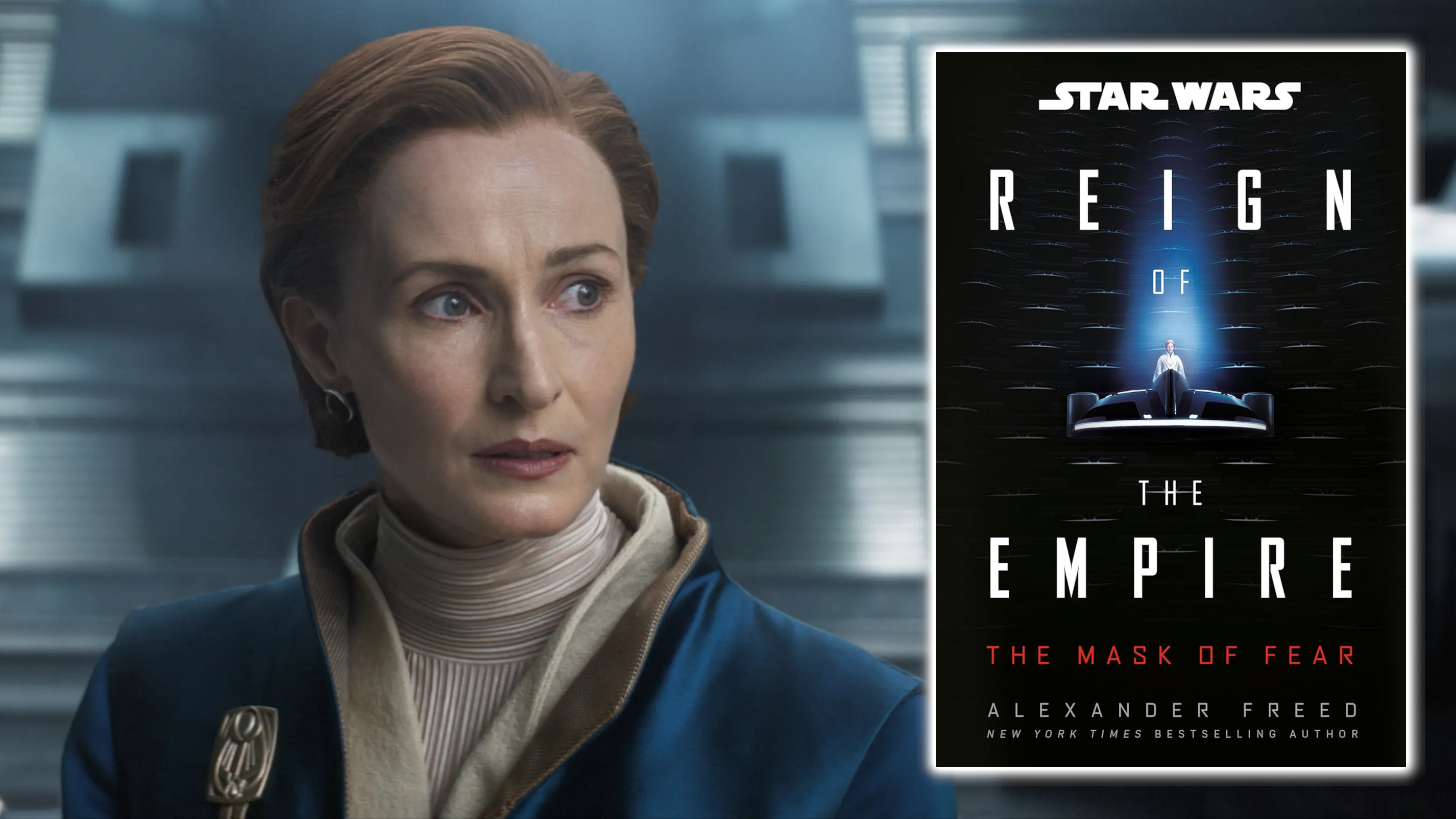
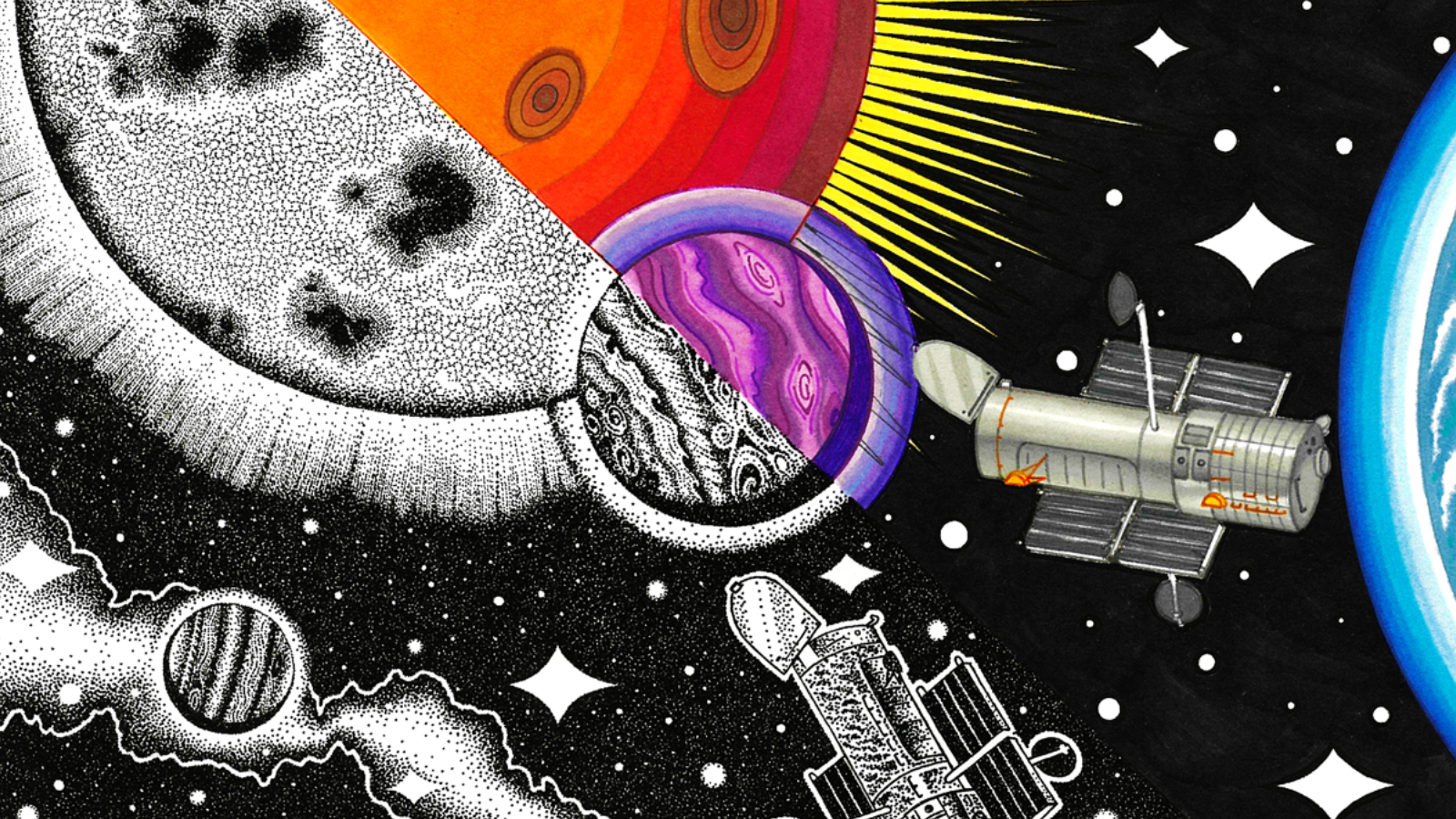



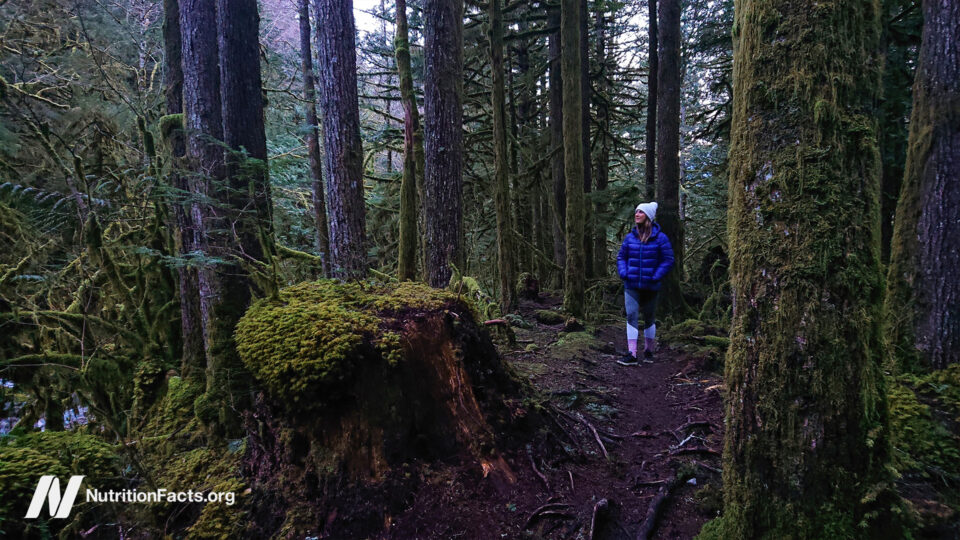














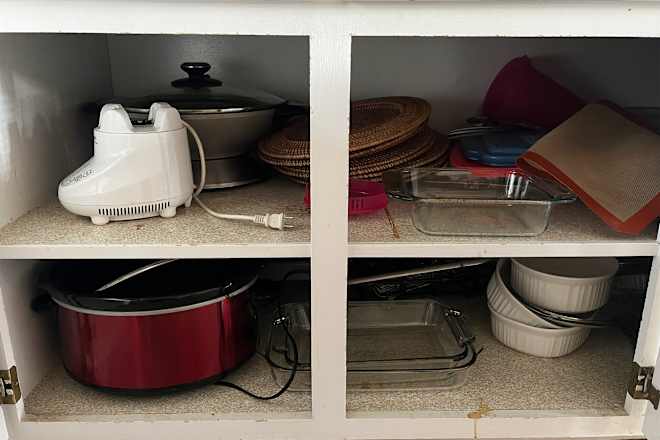













![‘Ricky’ Review: Stephan James Elevates A Heartbreaking Look At The Struggles Of Post-Incarceration [Sundance]](https://cdn.theplaylist.net/wp-content/uploads/2025/02/04132149/Ricky-Sundance.jpg)







